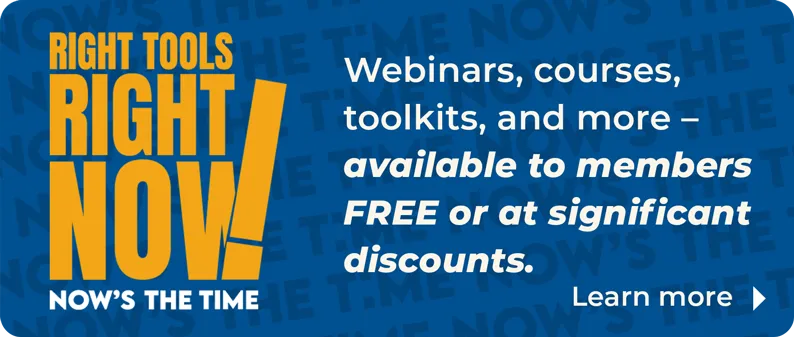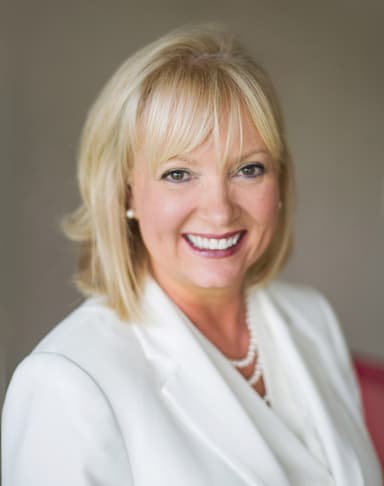
A few years ago, I sat down with one of our top producers. On paper, she was a superstar—closing more than $20 million in volume a year. She was celebrated at sales meetings, racking up awards, and her peers looked up to her. But when we dug into her numbers, a different story emerged: The six-figure commission checks were flowing out just as fast as they were coming in. The costs associated with marketing campaigns, lead-gen subscriptions, assistant salaries and every new tech platform left her with little actual profit.
It was a wake-up call—for both of us. She had been chasing volume, but not sustainability. And it reminded me of a truth we often forget in real estate: Revenue is vanity. Profit is sanity.
Why Brokers Need to Step In
Most agents don’t enter real estate because they love spreadsheets or balance sheets. They enter because they love houses, people and the thrill of the deal. But that doesn’t excuse us as leaders from teaching them how to run their business like a business. If we celebrate volume alone, we risk helping agents build castles on sand.
That’s why I believe one of the most valuable roles a broker or manager can play is guiding agents toward financial literacy and healthier business practices.
A Simple Shift with Big Impact
At RedKey, we introduced something simple: Every time an agent closes a deal, they’re encouraged to set aside percentages of their commission into three separate accounts:
- Taxes (so April doesn’t bring panic)
- Savings (to create reserves for slower seasons)
- Investments (whether that’s retirement, real estate or professional development)
It’s not glamorous, but the shift is powerful. Agents who once felt broke between closings now feel in control. They know where their money is going, and for the first time, they see a profit building.
Best Practices for Brokers to Financially Educate Agents
These conversations don’t have to be complicated. In fact, keeping it simple makes it easier for agents to digest and to implement. Here are some best practices that work at RedKey.
Tell the Stories
Numbers can feel abstract, but stories stick. Share examples of agents who sold big but profited little—and others who quietly built sustainable wealth. Those real-life contrasts can make the message land in a way spreadsheets alone never will.
Normalize Talking About Profit
At sales meetings, don’t just ask about volume. Ask about profitability. Celebrate the agent who saved 20% of their income or who cut $1,000 in monthly expenses with better systems. By doing this, you set a new standard: Volume matters, but profit matters more.
Provide Education and Resources
Bring in a CPA to talk about tax strategies. Invite a financial planner to share how to build retirement savings. Offer templates for a simple profit-and-loss statement. These don’t have to be long seminars—sometimes the best sessions are short, practical and repeatable.
Encourage Expense Checkups
Technology, leads and marketing are vital, but they can spiral out of control. Encourage agents to ask quarterly: What’s really paying off? What’s draining resources without results?
Lead by Example
When you’re transparent about how you budget as a brokerage—whether that’s how you evaluate marketing spend or build reserves—you’re modeling exactly what you want your agents to do.
The agent I mentioned earlier? Today, she still does impressive volume, but she also has reserves in the bank and a profit margin she’s proud of. She no longer feels like she’s running on a hamster wheel, and she credits the shift to learning how to run her business like a business.
That’s the opportunity we have as brokers and owners; it’s not just about helping agents sell more homes—it’s about helping them create stability, security and freedom. When agents are financially strong, their businesses thrive, our brokerages thrive, and ultimately, our industry thrives.









